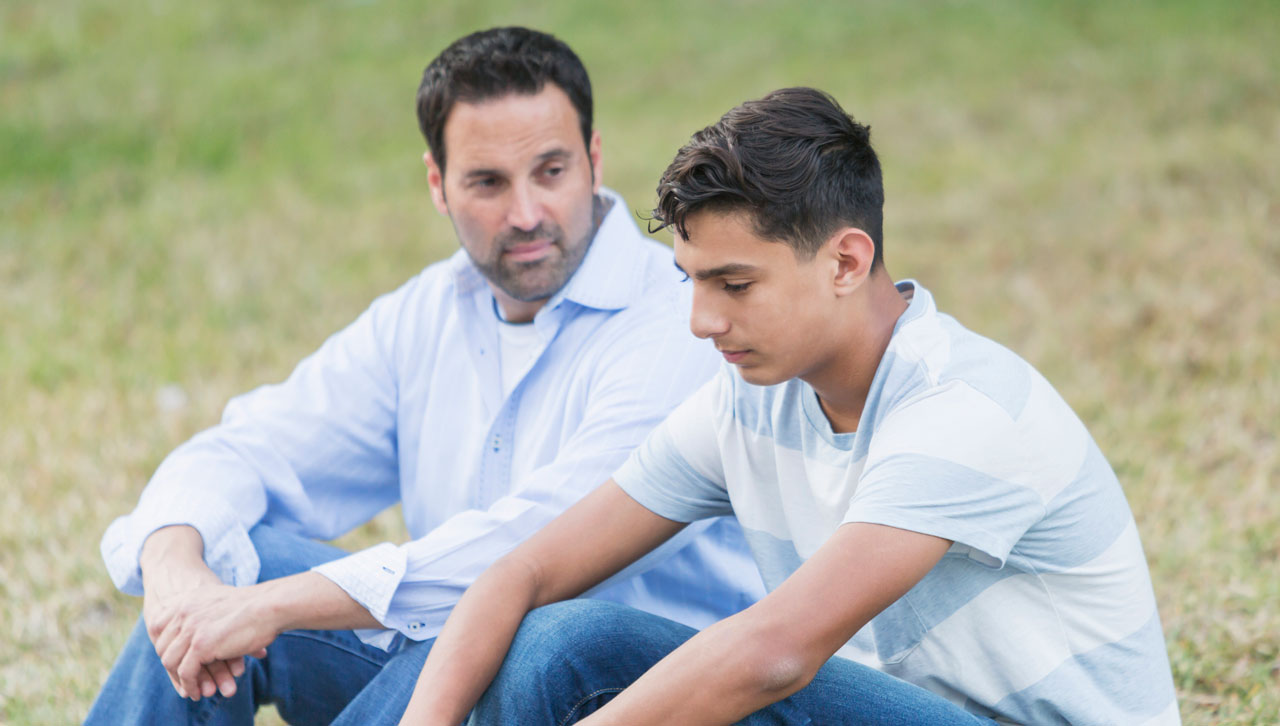There’s a key difference in perspective between adolescents and adults when faced with anxiety, according to Jennifer Reynolds, LAC, Adolescent Primary Therapist at Penn Medicine Princeton House Behavioral Health’s outpatient site at Hamilton. With limited life experience, adolescents have greater difficulty seeing past their current struggles to recognize that most situations eventually improve.
“Because teens are so focused on the present, validating concerns and identifying coping skills that work are especially important,” says Reynolds. “When behavioral health professionals engage and educate parents to be part of that supportive process, it leads to more positive outcomes.”
Tips for Providers:
Reynolds offers these tips for treating teens and teaching parents:
- Together, set expectations for open, honest communication and create a support plan that details individual roles in the therapeutic process.
- Encourage parents to put discussion items into action after therapy, rather than ruminating with their teens over specific points.
- Illuminate communication strategies that work by identifying those that don’t. For example, if a teen has a negative reaction to face-to-face conversations, parents can try talking in the car, writing a note, or texting.
- Help parents understand healthy boundaries. Giving teens some space while also setting and enforcing rules can decrease negative coping skills and increase an adolescent’s ability to feel safe and secure.
- Reinforce the importance of consistency. When parents set boundaries and expectations, they should follow through to avoid mixed messages.
- Encourage structure and daily routines to make adolescent life more predictable, which helps minimize anxiety.
- Establish a toolbox of cope-ahead skills, particularly dialectical behavior therapy (DBT) strategies. Anxious teens tend to forget skills in the moment, and parents can serve as a great reminder system.
- Recommend self-care for both teens and parents. This should include individual recharging time, such as going to the gym, and family time, such as sharing a favorite meal.
“When working with adolescents and parents, progress is often a process rather than a straight line, and that’s OK,” adds Reynolds. “The key to success is continuing to tackle problems together.”
Adolescent ServicesA higher level of care may be necessary if teens are struggling every day or have intense fears that limit functioning and interfere with activities such as attending school and socializing with friends. The Adolescent Program at Princeton House offers partial hospital and intensive outpatient options for teens ages 13 to 18 who are dealing with emotional, behavioral, or substance abuse challenges. The program is available at Hamilton, Moorestown, and North Brunswick, along with a Teen Girls’ Program at Princeton. |
For more information about the Adolescent Program at Princeton House, visit princetonhouse.org/teens or call 888.437.1610.
Article as seen in the Fall 2018 issue of Princeton House Behavioral Health Today.



